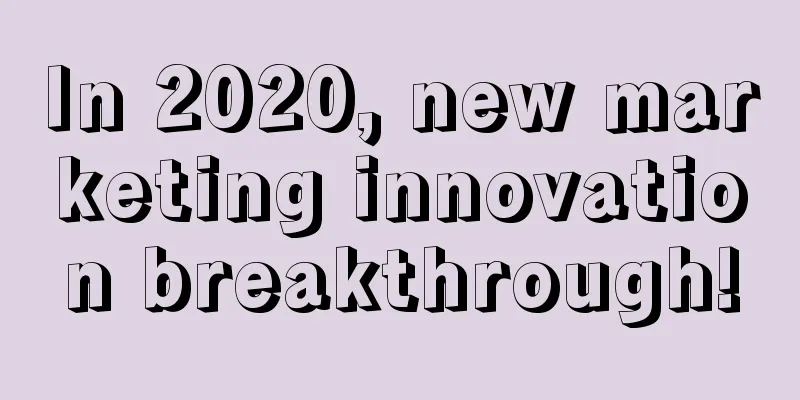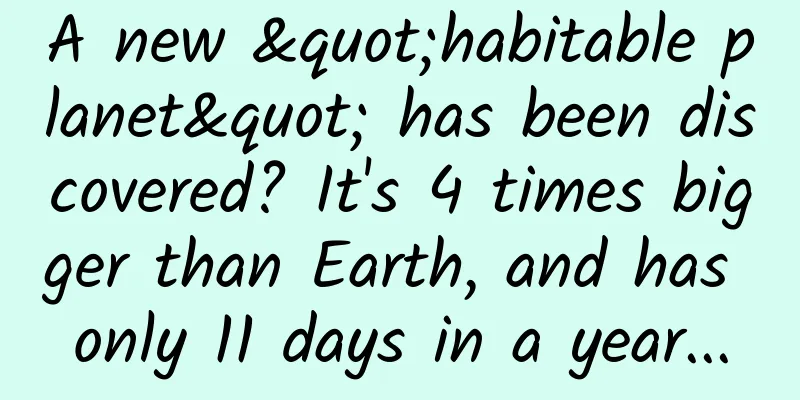Why did Google and Apple develop their own programming languages?

|
Apple will share a little-known success story at its Worldwide Developers Conference (WWDC) on Monday. About a year ago, Apple introduced a new programming language, Swift, which it said would make it easier for developers to create iPhone and Mac apps. Developers cheered. The language is aptly named Swift. Apple promises that Swift will make programming faster and apps more quickly available. It has already resonated with many developers, who are holding Swift programming challenges on the website Topcoder, which has attracted 3,700 developers interested in Swift and is expected to reach 20,000 by the end of the year. Stack Exchange, one of the world's top Q&A websites, conducted a survey of the world's top developers and showed that Swift is one of the programming languages that developers are most interested in. In November last year, a man made a net profit of $66,000 in a month by teaching others how to use Swift. But Apple is not the first tech giant to launch its own programming language. As early as 1991, Microsoft launched Visual Basic, a visual programming language based on the Basic programming language, which is the earliest and most popular programming language for graphical user interfaces. Around 2009, Google also launched its own programming language, Go. Programming languages are very important to many developers. And for Apple, Google, and even Microsoft, every time they release a new programming language, it means a difficult challenge to developers' habits. Therefore, companies must consider it carefully, right? Apple and Google must also make money from it, right? There are many benefits to developing a programming language However, this is not the case. Apple and Google's programming languages have a lot in common. Google's Go and Apple's Swift are designed to solve problems that developers encounter with older programming languages. Swift is a lot like Objective-C, which dominates iOS coding and has been quickly adopted by developers. In fact, it's so similar to Objective-C that Swift code can even be used in the same apps. But Objective-C is more than 30 years old, while Swift is a modernization effort to ensure that apps are easier to develop and run faster. Similar to Swift, Go's goal is to help build complex systems more easily. However, the former leaders in the network software programming industry, C++ and Python, can no longer meet Google's requirements. A Go FAQ spokesperson said: "Go was born out of developers' disappointment with existing system programming languages and environments." Since its creation, Go has made it easier for coders to use it, but it still has many issues with speed and performance that many programming languages have in the era of big data centers we call "the cloud." As an open source project, developers around the world contribute to the development of Go, making it better and better. For Google and Apple, launching their own programming languages helps them recruit relevant talents more easily. For example, since using Go to build its own server applications, Google can more easily recruit developers who are proficient in Go language and they only need less training to take on important tasks. In addition, any problems that developers outside the company solve with Swift or Go can be applied by Apple and Google to their own businesses. But the most important part is that these languages are made public with the sole purpose of helping developers create better software. Swift's rapid rise “Of course, the promise of Swift is that the software is more stable,” said Jonathan Karon, senior software engineering manager at New Reli, a cloud-based app monitoring and management platform. More stable software means a better app experience, and a better app experience makes Apple developers feel better and the iPhone looks better. Swift has had early success, but it still needs to improve, after all, it is only a year old. Swift's high standards mean it is difficult to use to write code on a low-end Macbook, and it lacks many features. There is also controversy among developers as to whether Swift is really faster than Objective-C. But developers are very optimistic about Swift's future development. Caron said that from an enterprise perspective, he found that New Reli's customers mostly kept their existing back-end software, but they are using Swift to develop the applications that people often use on smartphones. As for consumer applications, language learning app Duolingo is an early adopter of Swift and is using Swift to build its Test Center application. Lyft is also using Swift to develop its taxi application. Meerkat, a live streaming video application, is also a big fan of Swift. The company's CEO Ben Rubin said: "We like Swift. We know that it is still an emerging technology with many gaps to be filled. For this reason, we look forward to its improvements in the development experience." But some online critics have questioned whether Swift’s existence is an attempt by Apple to create a programming language for the iPhone and iPad that would make it harder to use its apps on Android devices. But that may be only part of the story. Apple has carefully cultivated a public image in which its engineers are as excited about solving problems as Silicon Valley engineers, and the company’s developers may well have jumped at the chance to unveil what they see as a better solution to the world. If you're still used to using Objective-C, Apple won't stop you, it just makes Swift an option. "In the documentation, they treat Objective-C and Swift equally, and they never thought of using Swift," said Sergio Prado, founder of BodBot, which develops fitness apps for the iPhone and Apple Watch. That said, BodBot's app doesn't currently use Swift because it's not something he wants to experiment with. But Prado said he's keeping an eye on the development of the programming language. Apple is expected to announce new directions for Swift during its WWDC keynote. Google's Go language has an uncertain future Google Go hasn't seen the same explosive growth as Swift, and not just because it's aimed at more complex, so-called "systems-level" programming. The Go project describes itself as "designed by Google to help solve Google's problems, and Google has big problems." You can certainly use Go to develop mobile apps, but that's not its strongest suit. Popular application container engine Docker and cloud hosting service platform DigitalOcean are using Go to start their internal projects. If Swift was born for developing iPhone applications, then Go's mission is to help develop server applications that hold application data. DigitalOcean software engineer Brian Liles said: "In our opinion, Go is easy to use, so we will continue to explore its possibilities." But overall, Go hasn't taken off. "So far, we haven't seen a lot of enterprise customers using Go, other than some early experiments in the lab," said Dan Turkenkopf, senior director of strategic research at Apprenda, a platform that helps businesses build apps in the cloud. The main reason, Caron said, is that Google has a lot of pending programming projects. Google has Google Dart, another less popular programming language. Google is also experimenting with a new software compiler for Android apps, code-named "Jack and Jill," which is said to have the potential to change the way developers build apps. In other words, Google has "a lot of balls in the air," and developers are finding that the "balls" are all going in different directions. In short, Google and Apple have both launched their own programming languages, because the advancement of new technologies is often driven by the shortcomings of existing programming languages and technologies. This is also an interesting way for them to promote their agenda, even if it is just to get more people interested in what Google and Apple are doing. But as Caron points out, faster, less buggy code doesn't automatically make your app worth using. Programming languages like Swift and Go are not "silver bullets" that make apps more useful or fun to use. You also need better design and better functionality. |
<<: Learn more! A collection of iOS trivia
>>: Android and iOS are drifting apart: whether to copy the Windows model is the difference
Recommend
Android Go is here, and the world's "feature phones" will become history
In May 2017, at the I/O 2017 Global Developers Co...
Midfield battle of mobile terminals | Ten years of review EP05
Today's article is the fifth in the series of...
The story between the domineering president and Internet TV
The story of radio and television is always long,...
The Monkey King can also become a "cute" creature. "Cute Generals Journey to the West" TV version trial play
After watching "The Monkey King: Hero is Bac...
How to do Internet brand marketing? 6 rules!
The Internet is a place where innovation is highl...
Baidu World Conference releases new products and AI technology ranks among the world's top
The 2017 Baidu World Conference was held in Beiji...
Hisense TV's crazy expansion of content pool may lead to crisis
On March 18, Hisense signed contracts with 11 vid...
Apple to launch new iPhone SE: Price in China starts at 2,999 yuan, with target of 30 million units shipped
Apple is ready to release the new iPhone SE, whic...
Have you gained weight after the Spring Festival feast?
Gaining weight in just seven days From New Year&#...
Is a "space funeral" actually possible?
It is said that when a loved one dies, they will ...
This disease cannot be inherited from parents, they look basically the same! Just because...
Expert of this article: Dong Xiaoli, Director of ...
[Smart Farmers] Subvert the impression! This kind of "working" bees can also reproduce offspring
Recently, the Pollinator Reproduction and Pollina...
How much does it cost to rent a server in Henan?
How much does it cost to rent a server in Henan? ...
Smartphones have nothing to do with poor sleep, study shows
At present, smartphones have been proven to be ou...





![Slacking Thinking + Boss Cultivation Club · Paste and Copy to Make Money [Complete] Watch Online](/upload/images/67cc2ef3e8e47.webp)



